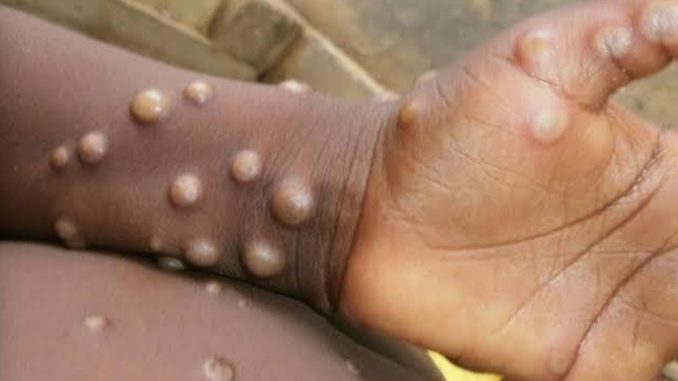DRC: The resurgence of the monkeypox epidemic is becoming alarming

The Democratic Republic of the Congo (DRC) is grappling with an unprecedented outbreak of monkeypox. With a record number of cases and deaths, the alarming situation calls for immediate and coordinated action.
According to a report from the World Health Organization (WHO), nearly 12,569 suspected cases of monkeypox have been detected in the DRC since the beginning of the year.
This is a record. Almost 600 people are reported to have died. «This is the highest number of cases ever reported for a year, some in geographical areas that had never reported monkeypox cases before, including Kinshasa, Lualaba, and South Kivu», states the WHO
Additionally, the WHO adds, «The risk of monkeypox spreading to neighboring countries and globally appears significant».
Monkeypox, a viral disease once confined to specific regions in Africa, has taken on an alarming magnitude in the DRC.
Historically, the disease was mainly transmitted from animals to humans, often through rodent or primate species.
However, growing instances of human-to-human transmission are raising concerns.
The epidemic is spreading rapidly in the eastern part of the DRC, particularly in the provinces of Tshopo, North Kivu, and South Kivu.
Factors such as increased population mobility, cultural practices, and constraints in accessing healthcare are exacerbating the situation.
The majority of cases are in men aged 20 to 40, a statistic that warrants in-depth analysis to understand the underlying dynamics.
In response to the urgency, the DRC government, with the support of the World Health Organization (WHO) and other international partners, has intensified efforts to contain the outbreak.
Awareness campaigns target at-risk populations, emphasizing the prevention of transmission and appropriate behaviors in case of symptoms.
Testing and treatment centers have been established, and a vaccination campaign is targeting the most exposed populations.
While the smallpox vaccine, although not specific, has proven 85% effective against monkeypox, offering a glimmer of hope in the fight against this disease.
Jean-Robert TCHANDY











